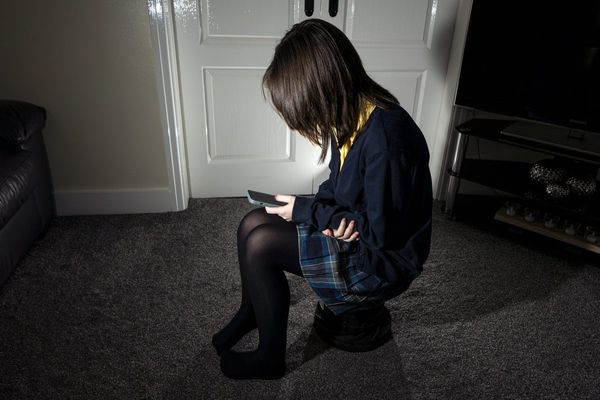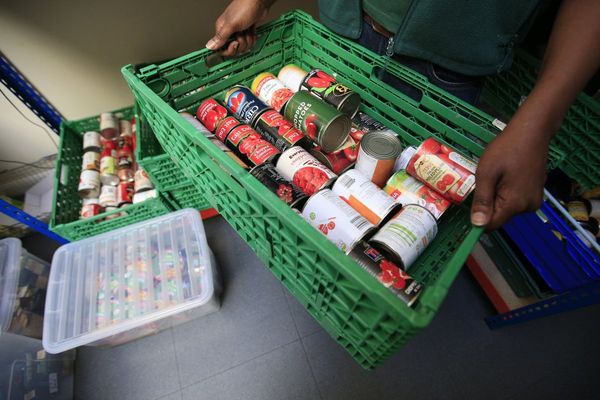
Shanghai (AFP) - The pandemic prevented Shanghai schoolteacher Chen Hainan from returning to her hometown to reunite with family for the past two Lunar New Year holidays, but not even lingering virus concerns and repeated Covid tests will keep her away this time.
Chen, 30, needs to get her nose or throat swabbed a grand total of five times to ensure passage home to eastern Zhejiang province and back.
"I was not planning to go home this year, either.But after thinking how I haven't been back for two years, I decided this year to go through all the difficulty," she said, getting ready to depart at Shanghai's bustling main train station.
Of all the disruptions caused by the pandemic, the inability to return home for New Year has caused perhaps the most widespread heartache in a country that has otherwise kept the virus largely under control.
In normal times, hundreds of millions of people -- migrant workers, students, and just about anyone working away from their hometown -– pack buses, trains and planes early each year in the world's largest annual human migration.
Known in Chinese as the "Spring Festival", the holiday is by far China's most important, often the only chance each year for workers to see husbands, wives, parents or children.
'Strong reaction'
But the pandemic, which first emerged in the city of Wuhan just as the 2020 travel rush was heating up, blighted that year's holiday, and traveller numbers during 2021's iteration were less than half their usual levels due to persistent Covid anxiety.
This year, Chinese authorities are discouraging travel yet again with China on edge over the Omicron variant, and strict pandemic control measures are in place nationwide to help prevent the February 4-20 Beijing Winter Olympics from becoming a super-spreader event.
Some provincial governments are expressly asking residents to stay put, coastal manufacturing zones are offering migrant factory labourers financial inducements not to travel, and a blizzard of required tests and other measures stand as deterrents.
But not everybody is heeding the message.
With the Year of the Tiger dawning on Tuesday, news reports indicate travel bookings have rebounded this year, and Shanghai's train station has pulsated with thousands of departing travellers each day this week.
This poses a dilemma for a government that is always wary of potential social unrest in its massive population and has been forced to strike a balance between safety and the pull of home.
At a regular coronavirus briefing by the National Health Commission on Saturday, officials criticised overzealous enforcement of pandemic measures at the local level.
"Some places still do not allow people from low-risk areas to return to their hometowns, forcing them to pay for centralised quarantine," said Mi Feng, the commission spokesman.
"It is triggering a strong reaction from the public."
The commission told local authorities not to "arbitrarily prohibit people" from returning home, "so that the masses can spend a healthy, happy and peaceful Spring Festival".
Homesick
But it will be another homesick holiday for many in Beijing.
Due to the Winter Olympics, citizens of the capital face perhaps the highest pressure not to leave, as well as uncertainty over when they will be allowed back into the tightly controlled city.
"We will stay in Beijing during the holidays because we are afraid of being locked out of the city in case of virus cases in our hometown," said Joanna Feng, an architect originally from Wuhan.
"Of course, grandparents like to see their grandchildren for the New Year, but we will travel after the holidays."
A spokesperson for leading Chinese travel platform Ctrip said last week that company data indicated that "staycations" and short trips were the most popular booking types this year, a far cry from the mammoth flood of humanity to all points of the country seen in normal years.
But enough is enough for Huang Jinnan, an 18-year-old factory worker in Shanghai.
He didn't return home to Henan province last year and doesn't want to go on another holiday without seeing his beloved grandmother –- or risk a trip anywhere else.
"I'm just going back home (because) there's nowhere else to go."
burs-dma/je/oho







